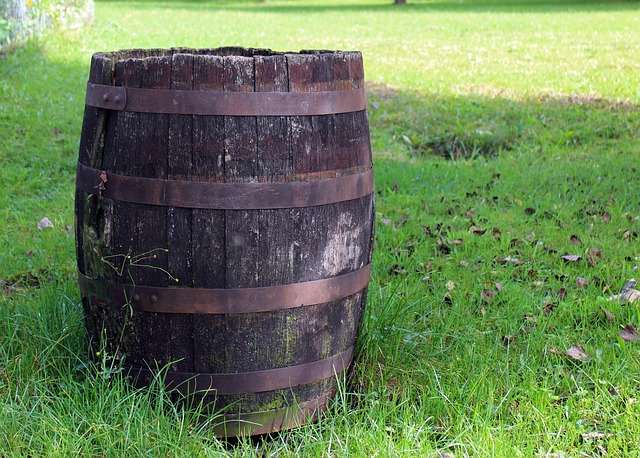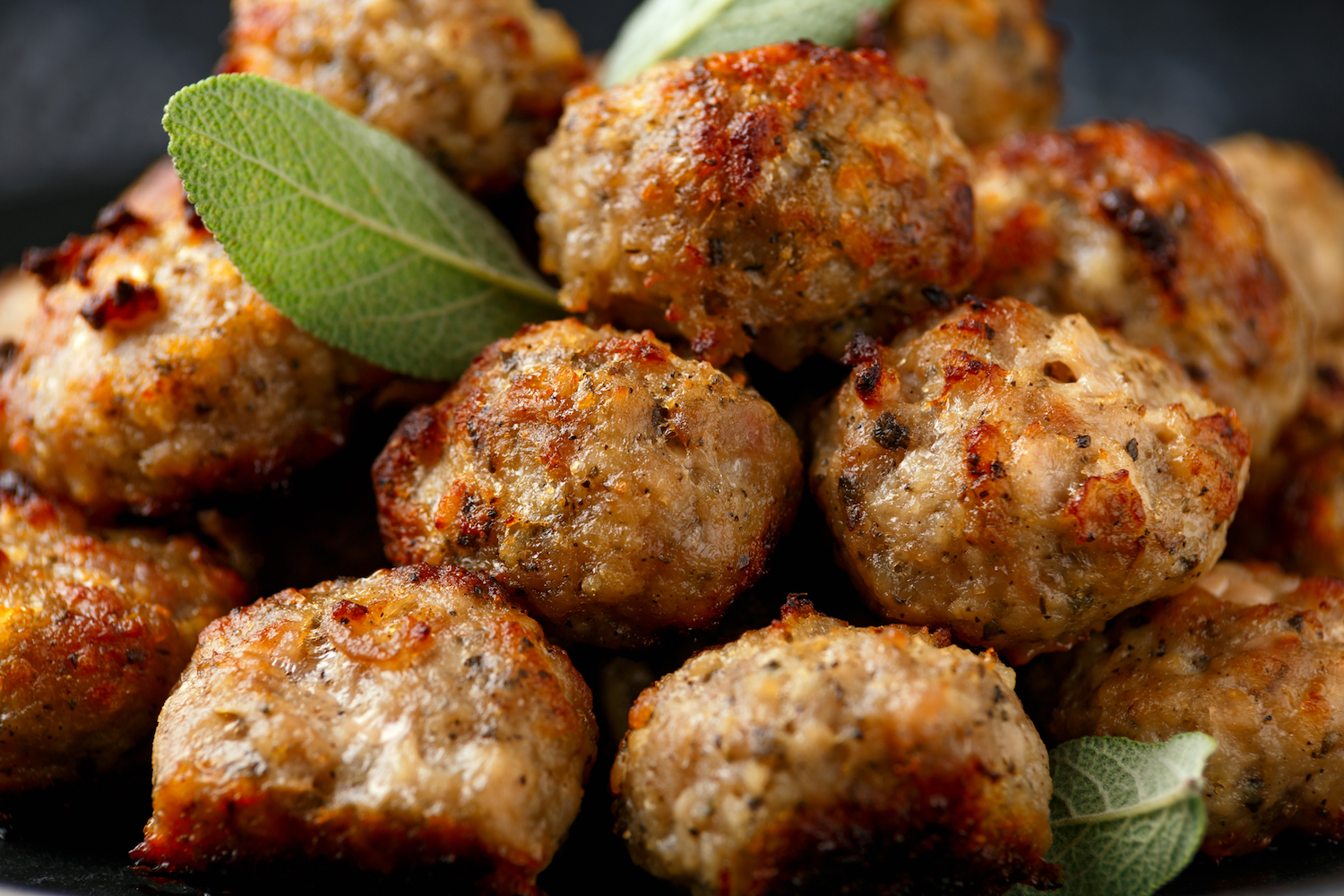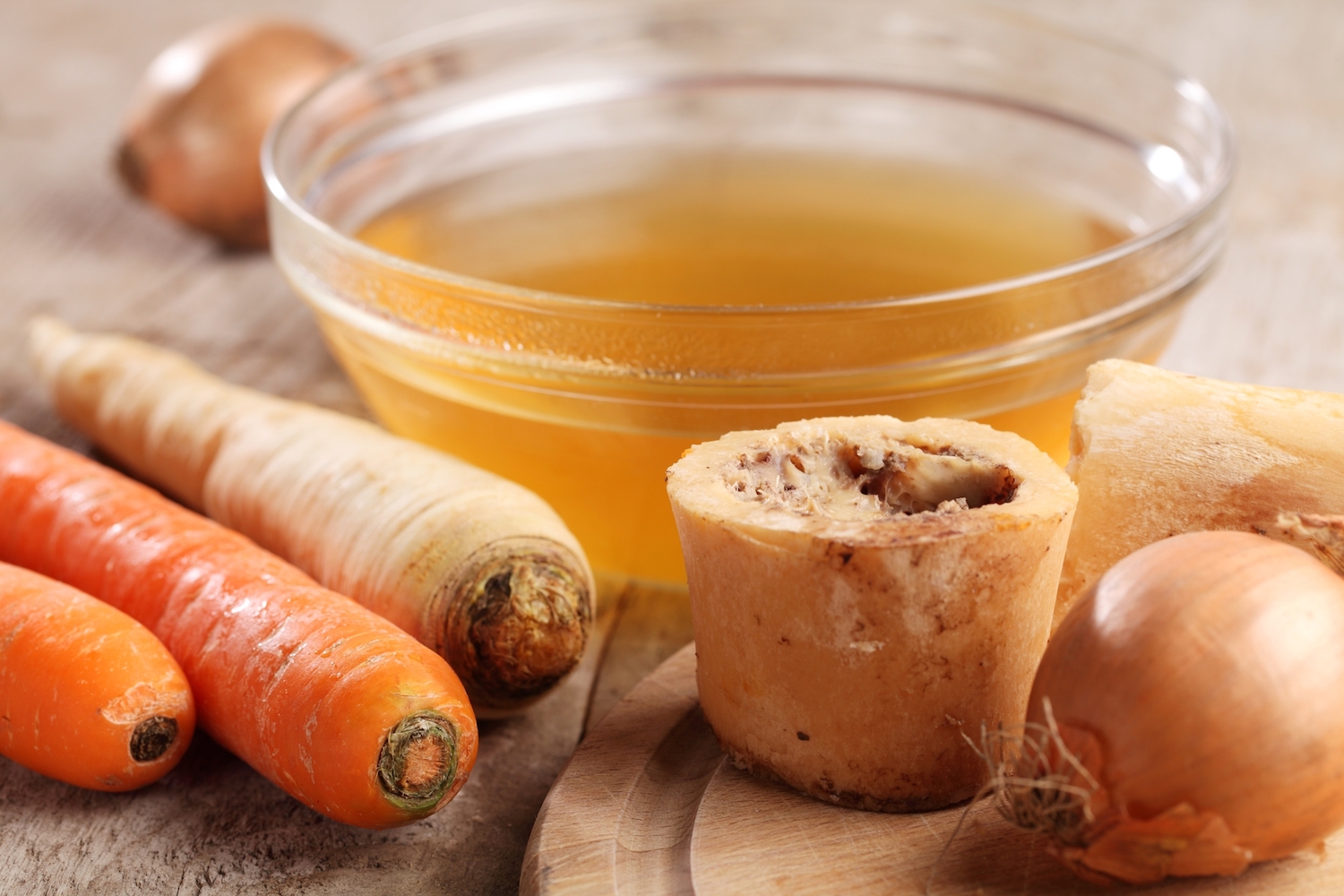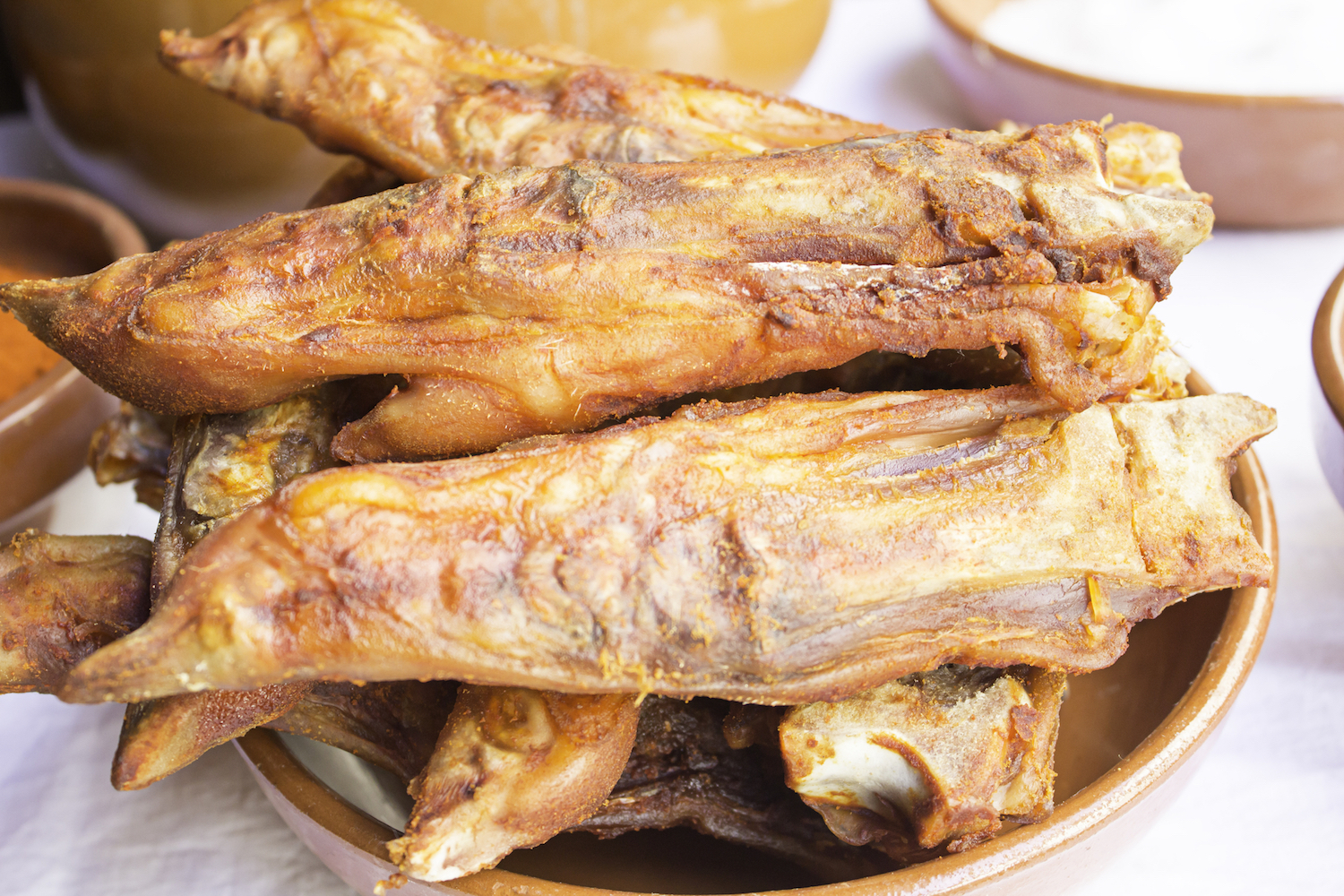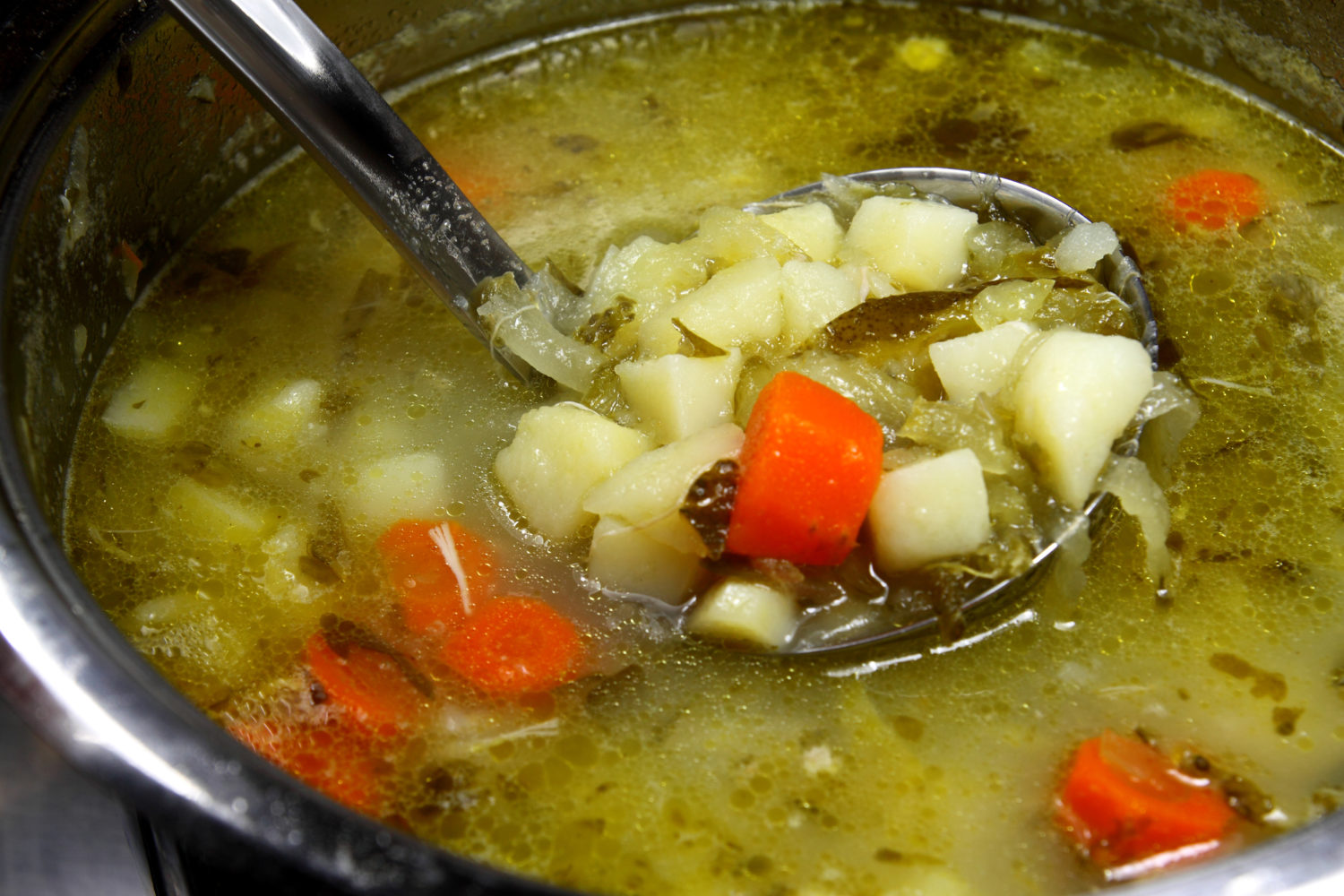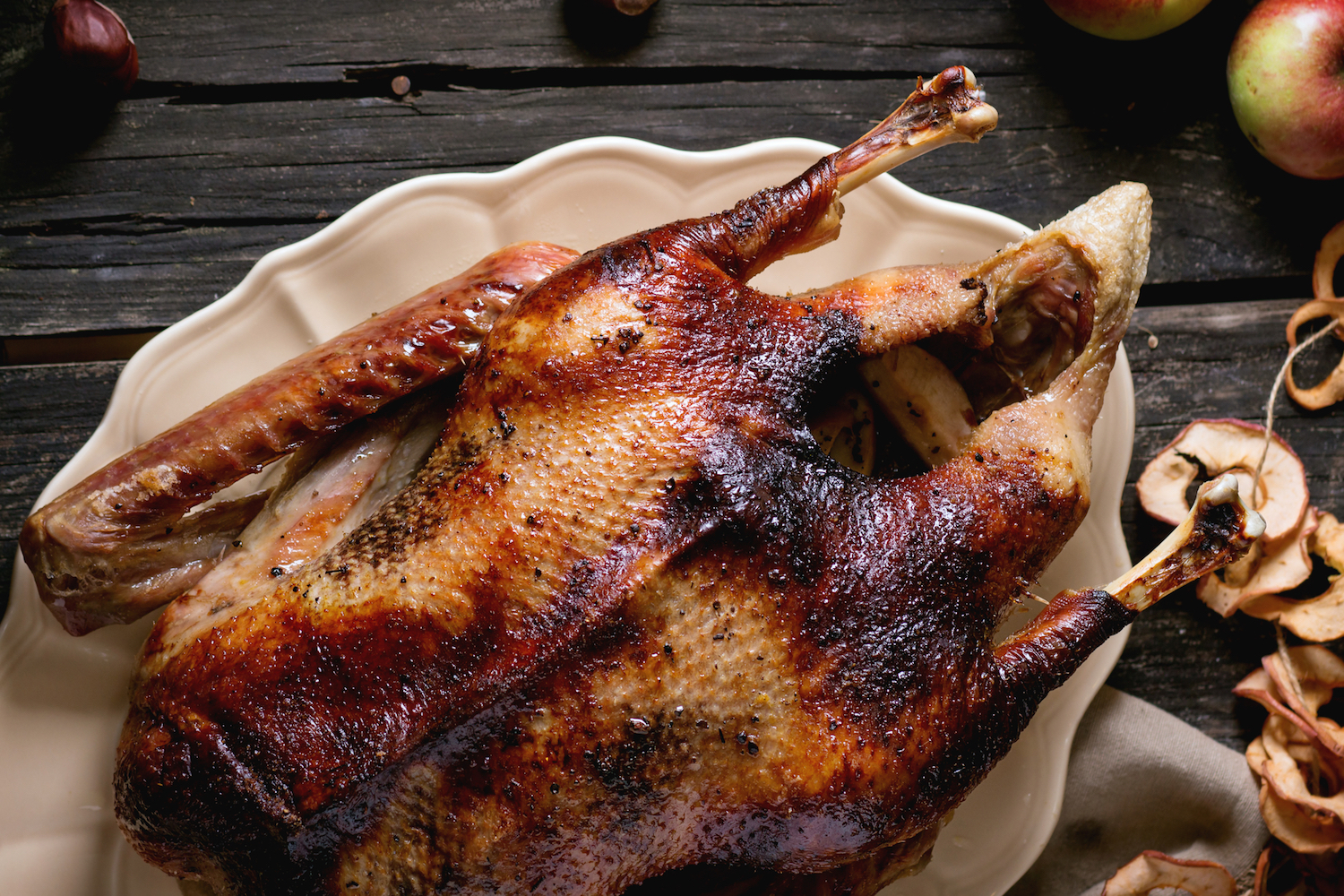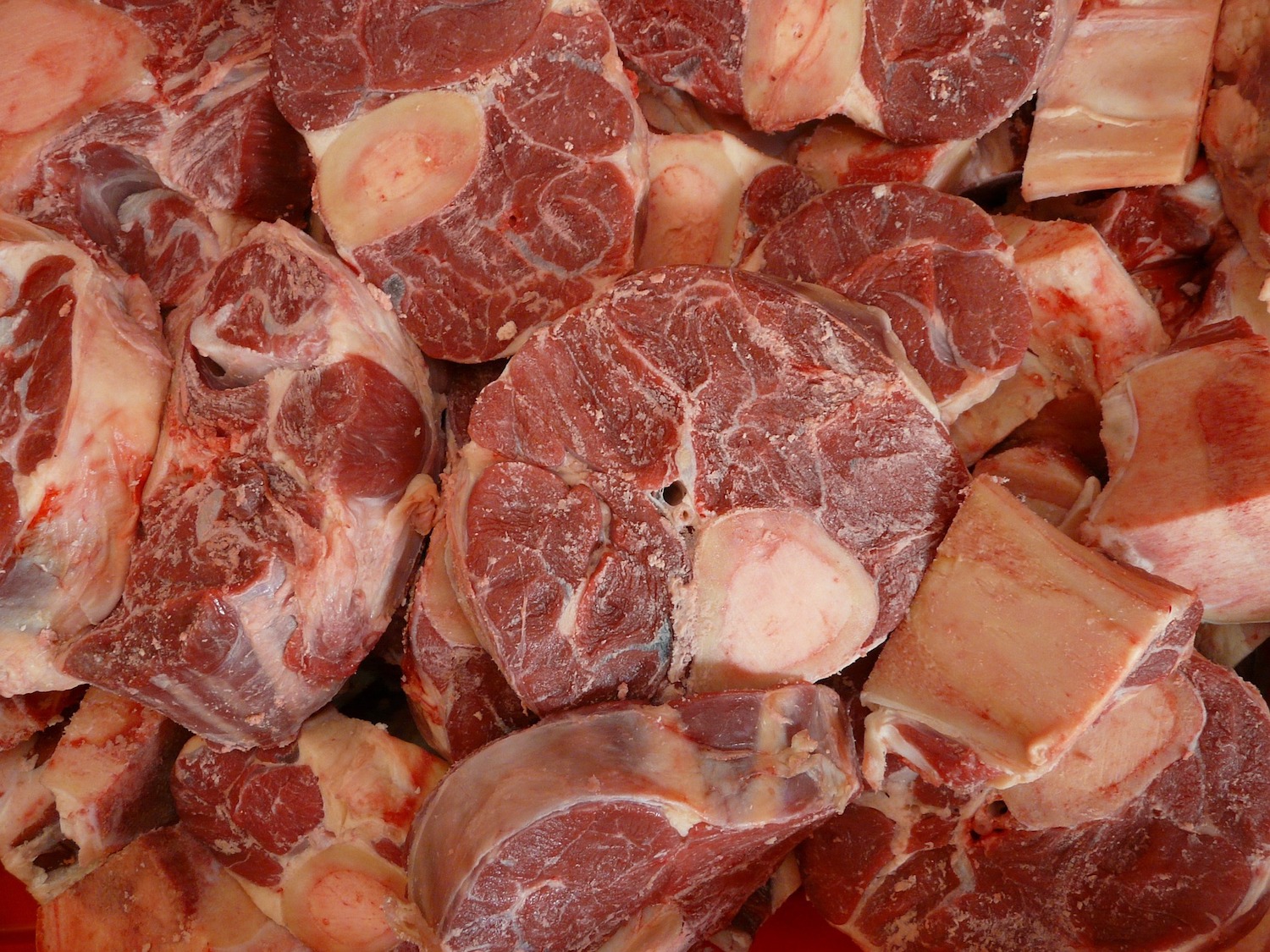How to Make Your Own Vinegar
Vinegar was an important household item in the 1800s, especially for preserving food. Many people made their own vinegar; often a year’s supply. INFORMATION BELOW FROM 1800s COOKBOOKS TO BUY VINEGAR Much of the vinegar that is offered for sale is excessively and disagreeably sharp; overpowering the taste of every thing with which it is combined. This vinegar is deleterious in its effects and should never be used; it is made entirely of drugs. Oysters and pickled vegetables have been…
